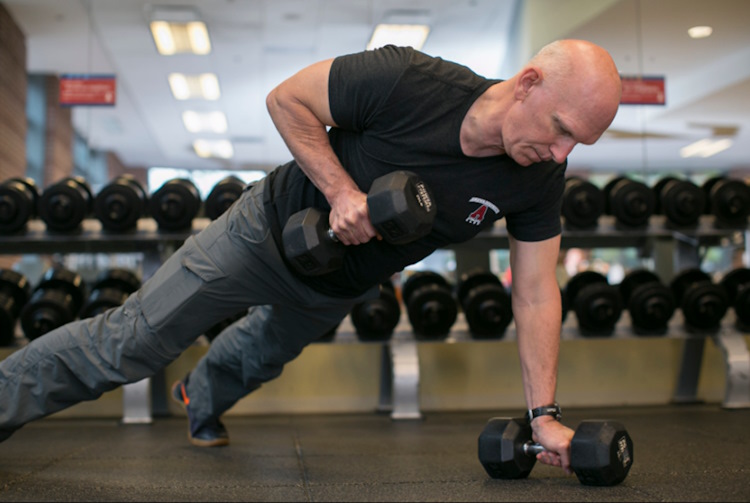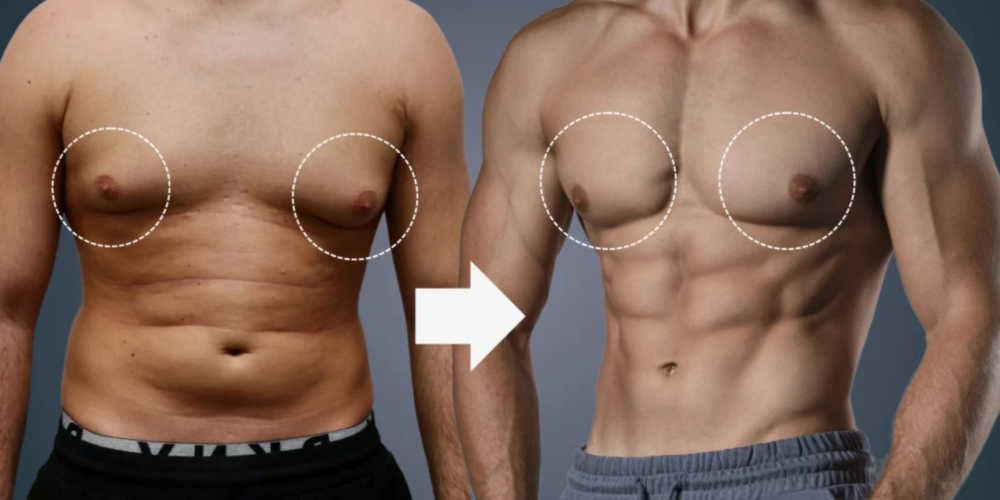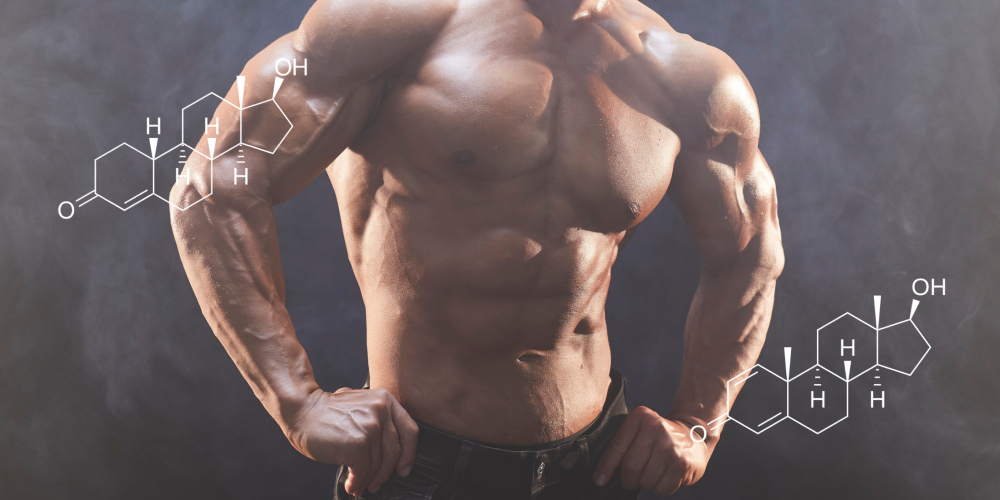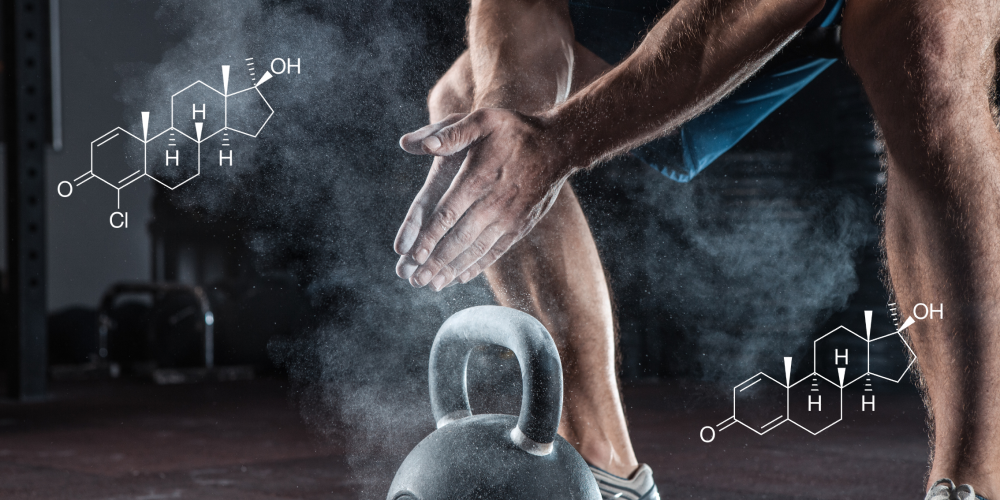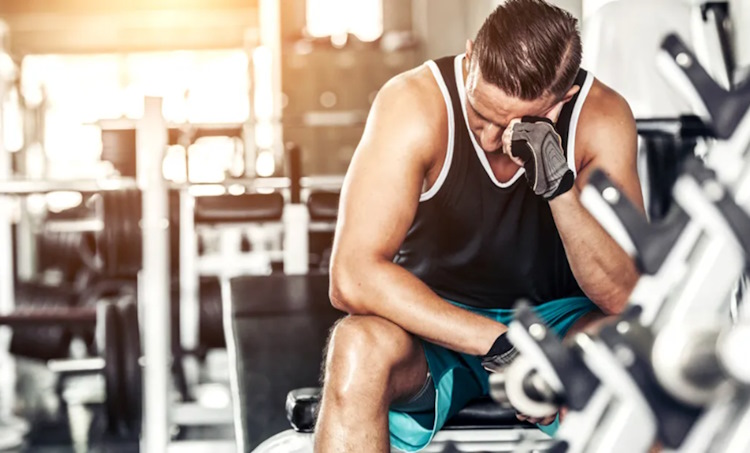Vitamin D: why it matters so much for bodybuilding and performance
Vitamin D, often referred to as the “sunshine vitamin,” is a crucial micronutrient for overall health and has powerful implications for bodybuilding and athletic performance. This fat-soluble vitamin not only supports bone health and density but also plays a vital role in muscle function, recovery, and immune support, making it especially important for anyone looking to maximize their fitness potential. In this article we’ll look into the common sources of vitamin D, its effects in the body, what its deficiency causes and the recommendations for getting your vitamin D levels optimal for performance.
Vitamin D is a group of fat-soluble secosteroids primarily responsible for increasing intestinal absorption of calcium, magnesium, and phosphate, and for multiple other biological effects. The two main forms are Vitamin D2 (ergocalciferol) and Vitamin D3 (cholecalciferol). Vitamin D3, produced in the skin in response to sunlight exposure, is the most relevant form for human health.
3 sources of vitamin D
Sunlight
The body synthesizes vitamin D when the skin is exposed to UV rays from the sun;
Diet
Fatty fish (salmon, mackerel, and tuna), egg yolks, some mushrooms and beef liver are good sources, for example;
Supplements
Vitamin D3 supplements can be often used, especially in regions with limited sunlight exposure or for individuals with dietary restrictions.
The most important effects of vitamin D
Bone health and strength
Calcium absorption: vitamin D is crucial for the absorption of calcium in the intestines, a vital mineral for bone strength. Strong bones provide the foundation needed to support heavy lifting and resistance training;
Bone density: adequate vitamin D levels help maintain bone density, reducing the risk of fractures and injuries, which is particularly important for bodybuilders who put significant stress on their skeletal system.
Muscle function and growth
Muscle contraction: vitamin D is involved in the regulation of calcium and phosphorus, which are critical for muscle contraction. Proper muscle contraction is essential for effective workouts and strength training;
Muscle strength: studies have shown that vitamin D supplementation can enhance muscle strength and reduce the risk of muscle weakness, which is crucial for achieving hypertrophy and peak performance.
Recovery and immune system
Inflammation reduction: vitamin D has anti-inflammatory properties, which can aid in recovery by reducing muscle inflammation and soreness after intense workouts;
Immune function: a robust immune system is essential for bodybuilders to maintain consistent training schedules. Vitamin D supports immune function, reducing the likes of getting sick and infections.
Hormonal balance
Testosterone levels: vitamin D is linked to the regulation of testosterone levels, a critical hormone for muscle growth and recovery. Higher testosterone levels can improve muscle mass, strength, and overall performance.
Vitamin D deficiency is common, especially in regions with limited sunlight or among individuals with indoor lifestyles. Deficiency symptoms can significantly impact bodybuilding and athletic performance.
Impact on bodybuilding and athletic performance
Injury
Poor bone health and muscle weakness can lead to a higher risk of fractures and injuries;
Muscle strength
Lower muscle function and strength can hinder progress in strength training and muscle growth;
Recovery
Inadequate vitamin D levels can slow down recovery times, leading to increased muscle soreness and prolonged periods of rest;
Immune system
A weakened immune system can result in more frequent illnesses, disrupting training schedules and progress.
Practical tips for getting your vitamin D levels optimal
Daily allowance
The recommended daily allowance (RDA) for vitamin D is 600-800 IU for most adults, but many experts suggest higher intakes (1,000-2,000 IU or even higher) for optimal health, especially for athletes and bodybuilders;
Sun exposure
Aim for 10-30 minutes of midday sunlight several times per week, depending on skin type, geographical location, and season. Use sun protection to avoid skin damage and other conditions;
Dietary intake
Incorporate vitamin D-rich foods into your diet regularly. Fatty fish, fortified foods, and egg yolks are excellent sources;
Supplementation
Consider vitamin D3 supplements, particularly in the winter months or if you have limited sun exposure.
In conclusion, we see that vitamin D is a critical nutrient for bodybuilders, impacting bone health, muscle function, recovery, and immune support. Making sure you’re on adequate levels of vitamin D through a combination of sunlight, diet, and supplementation can enhance performance, promote muscle growth, and support overall health. By understanding the importance of this vital vitamin and taking steps to maintain optimal levels, fitness enthusiasts can achieve better results and get one step closer to achieving peak physical condition.




